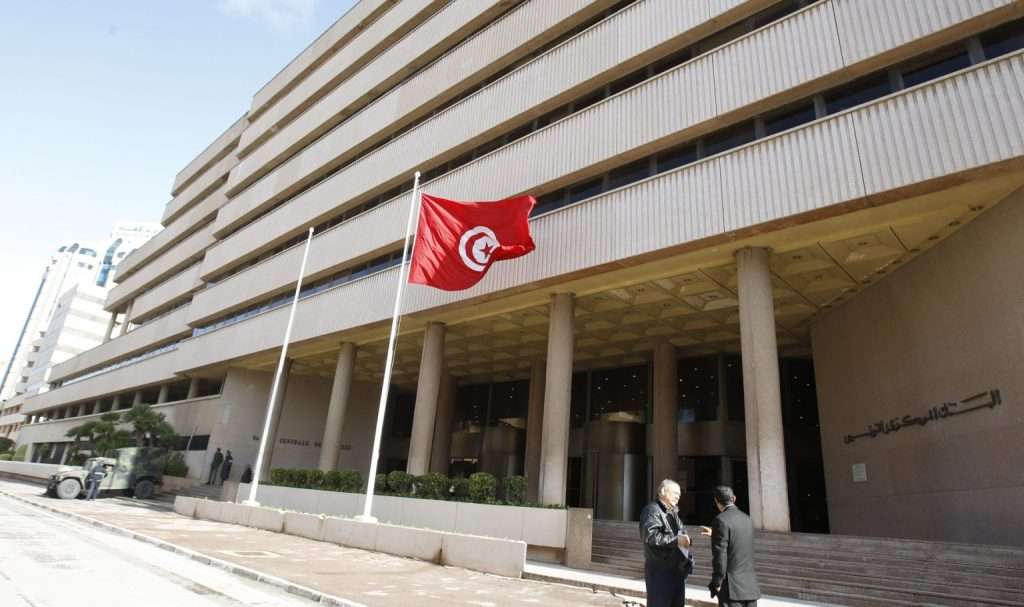Tunisia: Saied regime turns to Central Bank for bail out

Tunisia has requested billions of dollars from the Central Bank to aid its economic crisis, after rejecting EU funding, according to AP News.
The parliaments finance committee considered President Saied’s demand in an emergency meeting on 31st January, after adjusting the laws that ensure the Central Bank’s independence.
Experts however have warned against the request, highlighting the consequential risks of inflation and the lack of confidence in institutions.
In early October 2023, President Saied declined the European Commission’s contracted 127 million euros, “not because of the small amount,” but because the EU allegedly “lacks respect” for the Memorandum of Understanding agreement that Tunisia signed on 16th July 2023.
Attempting to recover Tunisia from its economic crisis, President Saied’s government asked that the Central Bank purchase up to $2.25 billion worth of interest-free bonds.
READ: Tunisia’s Economic Crisis Amid Political Turmoil
Tunisia’s interest in the Central Bank comes from the inability to acquire loans from traditional creditors, such as the International Monetary Fund (IMF). The status of the IMF’s loan of $1.9 billion remains uncertain as President Saied’s hesitation to reduce public sector wages or cut subsidies resulted in the redundancy of Tunisia’s finance minister.
The IMF has warned against Central Banks financing government spending, despite acknowledging that buying bonds can often benefit the monetary policy.
Tunisian Business News analyst, Raouf Ben Hedi discussed that while taking loans from the Central Bank can be seen as a short term solution, it could increase shortages of essential goods such as bread, milk, and rice.
Aram Belhadj, professor at the Faculty of Economics and Management in Tunis revealed that “Modifying the status of the Central Bank of Tunisia…is an ill-advised approach which carries many risks…for the country’s economy and its relations with its partners.”
With Tunisia’s 2024 presidential elections approaching, Ben Hedi commented that “political pressures can lead to expansionary monetary policies during election periods,” policies that could descend Tunisia into recessions.
AP
Want to chase the pulse of North Africa?
Subscribe to receive our FREE weekly PDF magazine














